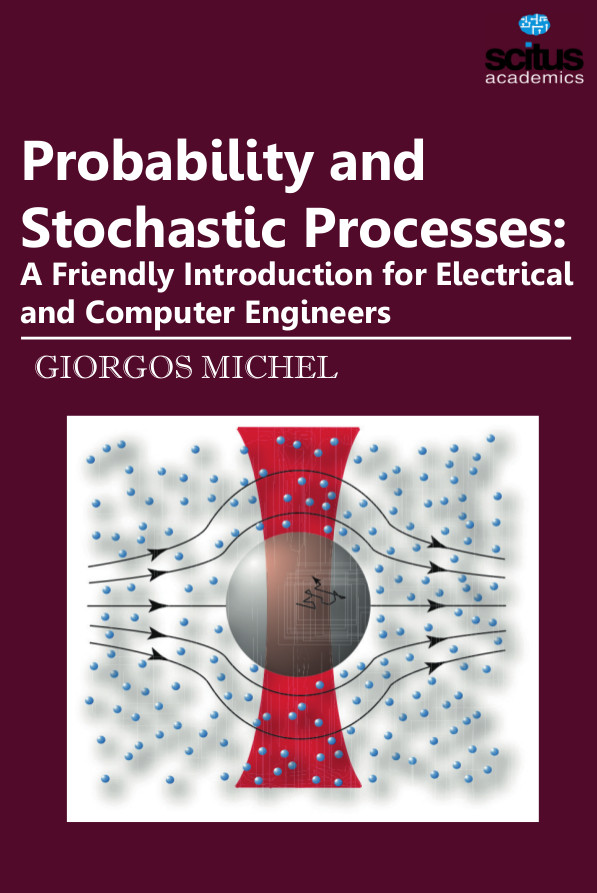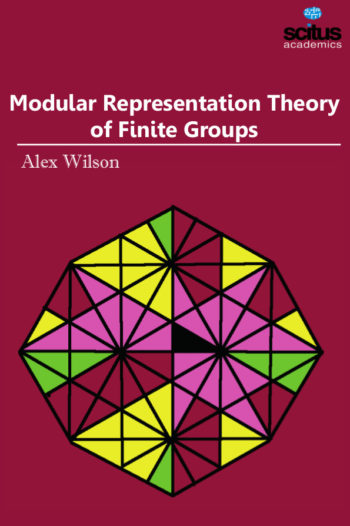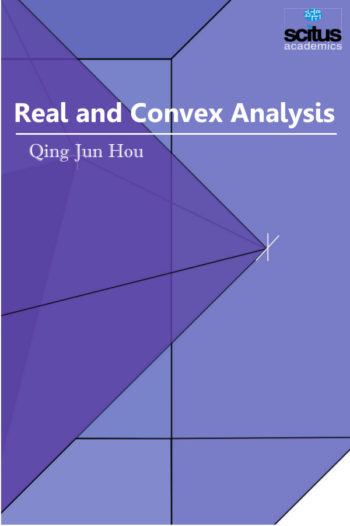In probability theory, a stochastic process, or often random process, is a collection of random variables representing the evolution of some system of random values over time. This is the probabilistic counterpart to a deterministic process (or deterministic system). Instead of describing a process which can only evolve in one way (as in the case, for example, of solutions of an ordinary differential equation), in a stochastic, or random process, there is some indeterminacy: even if the initial condition is known, there are several directions in which the process may evolve. Classic examples of the stochastic process are guessing the length of a queue at a stated time given the random distribution over time of a number of people or objects entering and leaving the queue and guessing the amount of water in a reservoir based on the random distribution of rainfall and water usage. Stochastic processes were first studied rigorously in the late 19th century to aid in understanding financial markets and Brownian motion. Probability and Stochastic Processes: A Friendly Introduction for Electrical and Computer Engineers covers characterization, structural properties, inference and control of stochastic processes. It is concerned with concepts and techniques, and is oriented towards a broad spectrum of mathematical, scientific and engineering interests.













